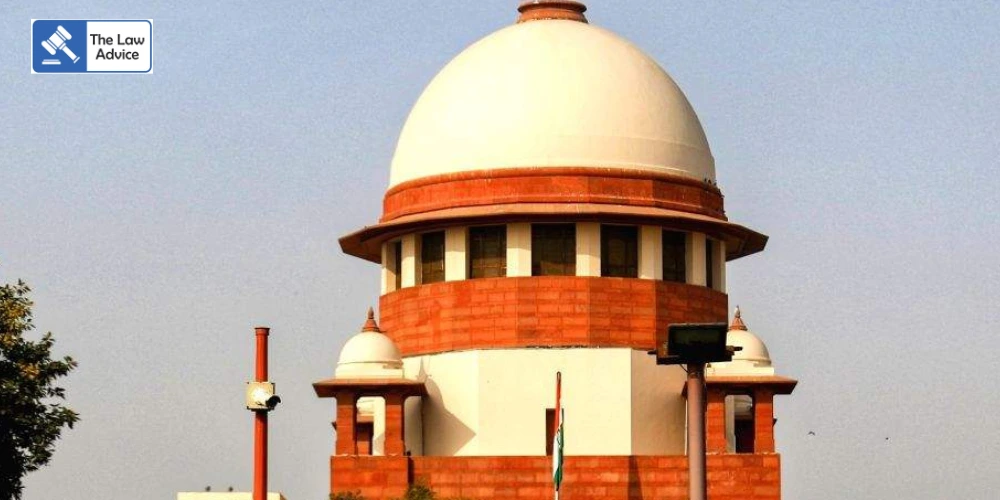The Supreme Court has ruled that States cannot discriminate between goods manufactured within their territory and those brought in from other States for sale. The Court struck down a 2007 Rajasthan government notification granting VAT exemption to local asbestos sheet manufacturers while imposing full VAT on sheets imported from outside Rajasthan, holding it “discriminatory” and unconstitutional.
“There cannot be tax barriers or fiscal barriers in the interest of free trade, commerce and intercourse throughout the territory of India guaranteed by Article 301. Thus, the weapon of taxation cannot be used to discriminate against the imported goods vis-à-vis the locally manufactured goods,” the Court observed.
A bench of Justice BV Nagarathna and Justice KV Viswanathan delivered the ruling while deciding appeals filed by manufacturers based outside Rajasthan who challenged the notification.
The impugned notification dated March 9, 2007, exempted asbestos cement sheets and bricks manufactured within Rajasthan (containing 25% or more fly ash) from VAT. However, identical products manufactured outside the State, even with the same fly ash content, were subject to full VAT when sold in Rajasthan.
Challenging this, outside manufacturers argued that the measure created an artificial price advantage for local competitors and violated the constitutional guarantee of free trade and non-discrimination under Article 304(a).
The central issue before the Court was whether a tax exemption based solely on the place of manufacture, without a valid justification, amounts to “discrimination” under Article 304(a) of the Constitution.
Article 304(a) permits States to impose taxes on goods imported from other States, provided similar goods manufactured locally are taxed equally.
The Supreme Court overturned the Rajasthan High Court’s decision and struck down the notification. Authoring the judgment, Justice BV Nagarathna held:
“If a legislation discriminates one person or class of persons against others similarly situated and denies to the former the privileges that are enjoyed by the latter, it has to be regarded as ‘hostile’.”
The Court noted that the exemption was not tied to the use of Rajasthan-sourced fly ash. Had the notification required that asbestos sheets contain fly ash specifically obtained from Rajasthan—irrespective of place of manufacture—then both local and outside manufacturers could have availed the benefit. Since it was silent on this aspect, the notification amounted to direct discrimination against out-of-state manufacturers.
The Court applied the tests laid down in Jindal Stainless Ltd. v. State of Haryana (2017) 12 SCC 1, which allow for limited exemptions only if:
• the benefit is given to a specified class for a limited period,
• it is non-hostile and non-protectionist, and
• it is backed by valid justification, such as developing backward areas.
The Court found the Rajasthan notification failed on all counts—being hostile, protectionist, unjustified, and open-ended.
It also relied on Shree Mahavir Oil Mills v. State of J&K (1996), where unconditional exemptions for local goods were struck down as creating discriminatory fiscal barriers.
Holding the notification to be violative of Article 304(a), the Court allowed the appeals and declared the exemption unconstitutional.
Cause Title: M/s. U.P. Asbestos Limited v. State of Rajasthan & Others (and connected matters)
